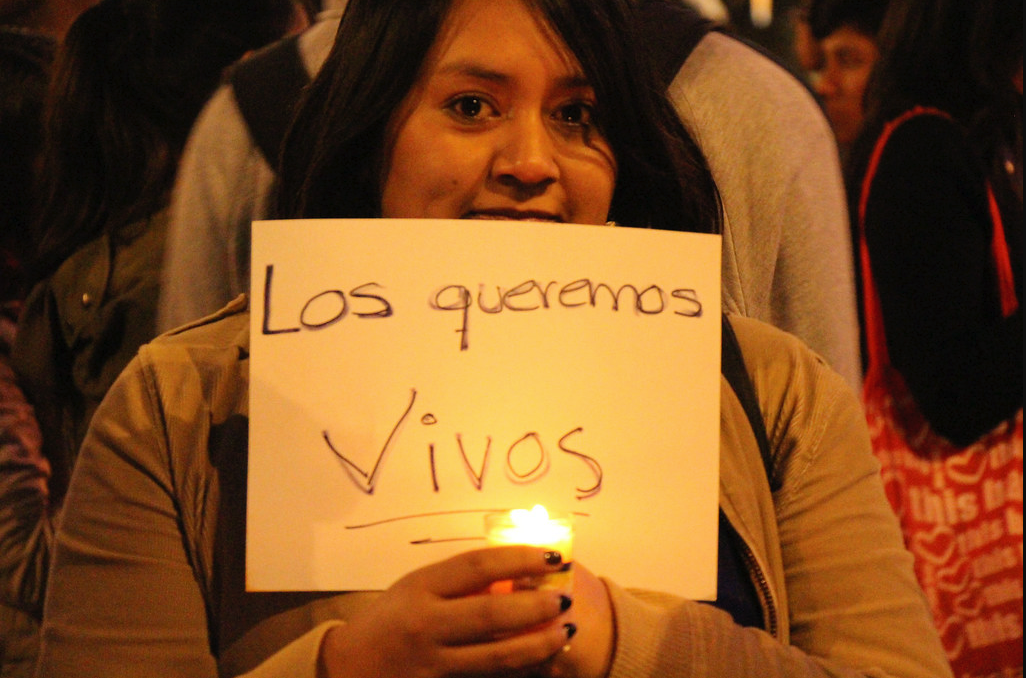Politics is a battlefield: for rights, justice, freedom, equality, and above all for power. But in the case of Mexico, many of these battles are also life-and-death battles. The sociologist Pierre Bourdieu proposed a perspective for understanding society that has been influential, which can lead us to a better understanding of the agonizing situation of politics in this country.
For the Frenchman, society is differentiated into social universes relatively independent of each other, with their own rules, practices, and products. These universes result from historical struggles: for independence, to occupy a position within these spaces, to claim the benefits offered by each sphere, and to restructure a field against dominant forces.
Some examples of those struggles can be mentioned from the political field in Mexico. With the slogan “Land and Freedom”, Emiliano Zapata fought for agrarian justice and the democratization of the nation. With his betrayal and assassination, Zapatism came to symbolize a fight to the death against the oligarchy in defense of democracy, promoting a very influential political action program that contemplated innovative ideas such as the revocation of the mandate.
Another case is that of Hermila Galindo, who fought for women’s equality and political rights, becoming the first woman to become a member of Congress in 1952. María García Martínez fought for the constitutional recognition of women as citizens, making it possible for them to be elected and thus opening the possibility for them to occupy a position in the political arena. And many others, such as Amalia González Caballero, Esther Chapa Tijerina, and Benita Galeana, fought for women’s suffrage.
By the mid-nineties, the Zapatist Army of National Liberation (EZLN) also opposed the oligarchy, taking up arms against the neoliberal regime, to which they opposed the ideals of democratization. They demanded democratic elections and the recognition of the freedom and autonomy of indigenous communities, aggrieved groups that with the Free Trade Agreement became even more vulnerable.
As can be seen, the statement “politics in Mexico is a battlefield” becomes literal. Situated as the country is in a process of changes in the presidency and numerous public offices, for decades the main battle has been against organized crime, whose interference led us to the most violent electoral campaigns in the history of the country.
On the one hand, there is political-electoral violence. In recent months there have been numerous cases of violence against political actors throughout the country. The aggressions, murders, kidnappings, disappearances, and threats affect not only candidates but also their families, elected authorities, public officials, and party militants. With such attacks, organized crime groups seek to take control of the localities.
In several territories of the nation, the autonomy and security of political actors are not guaranteed, which leads to a critical situation. The number of aggressions against political actors is alarming: only a few have managed to evade attacks. The phrase proclaimed by Eulalio Gutiérrez more than a hundred years ago, “The Mexican landscape smells of blood”, makes sense again in a different context.
On the other hand, there is violence against members of specific communities occupied by criminal groups. Threats and silencing of political militants harm free elections, as well as putting the lives of many at risk. This situation makes it impossible for the political field to function properly in these territories, since, if democratic elections are what is intended, they are unlikely to take place.
What remains as a lesson from the historical battles is that social movements, armed conflicts, and ideological struggles can have crucial repercussions, transforming or violating the political field. We must not forget that the struggle for autonomy, independence of action, and the right of admission to a field is a perpetual fight. And in this country, it is for life.
Bourdieu taught us that social fields are made up of something worth fighting for. In the field of politics, it is worth defending and guaranteeing the security of the actors in it, particularly in the face of the intrusion of criminal interests. In this struggle, as a member of the EZLN said some time ago, what is essential is the social base because “the weapon they fear is not the firearm, but the weapon of the word”.
*Translated by Janaína Ruviaro da Silva from the original in Spanish.













